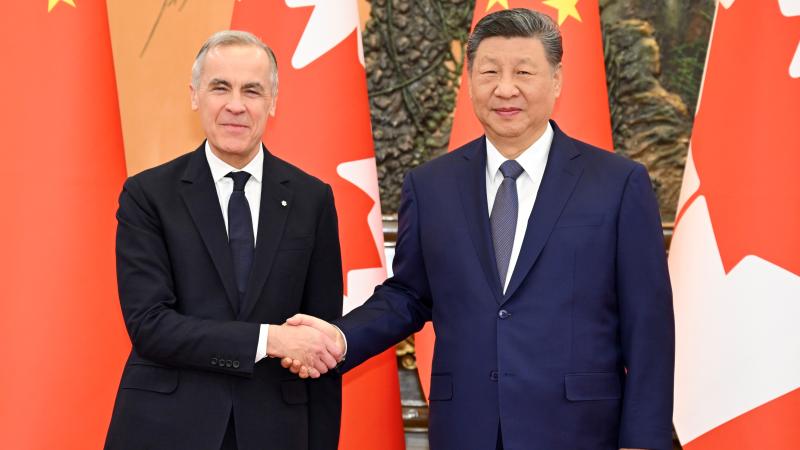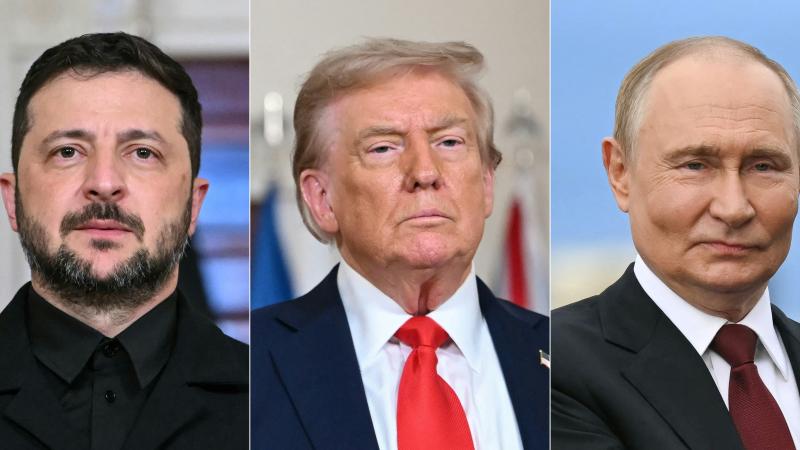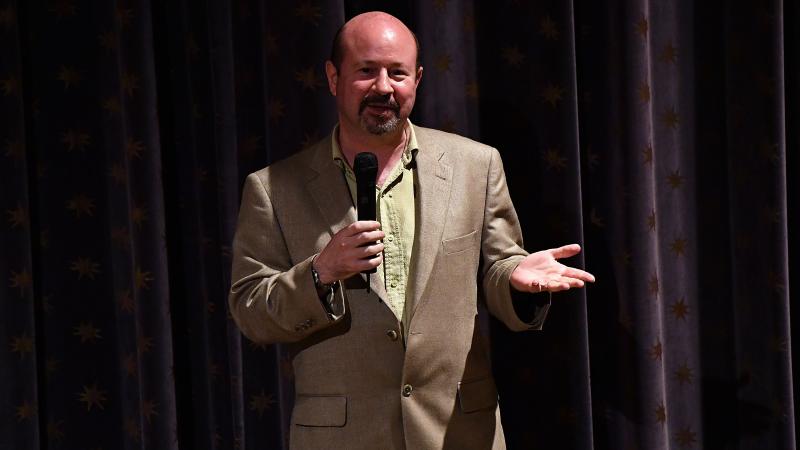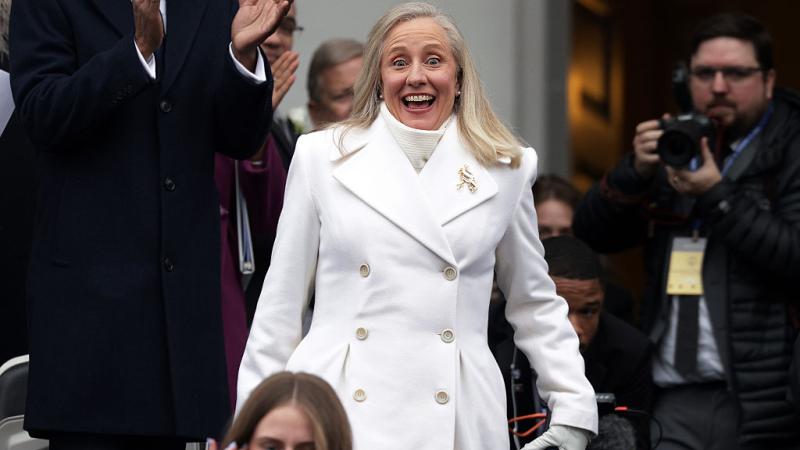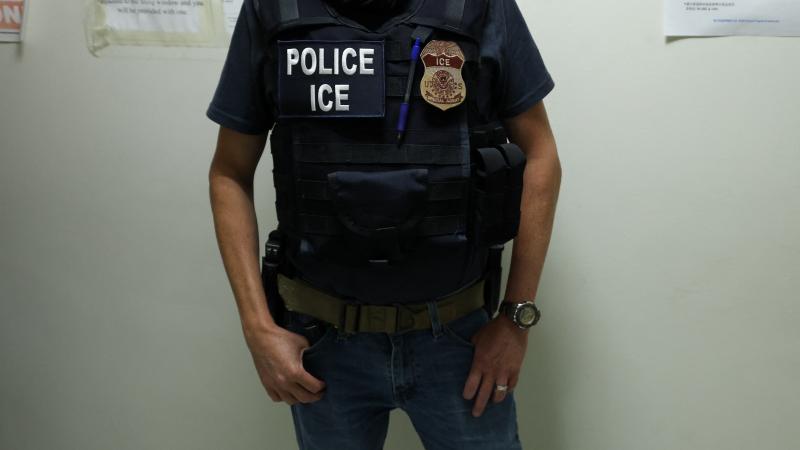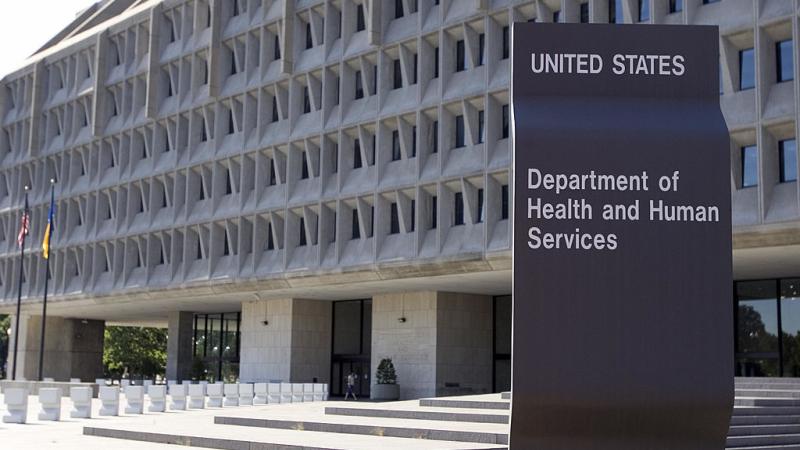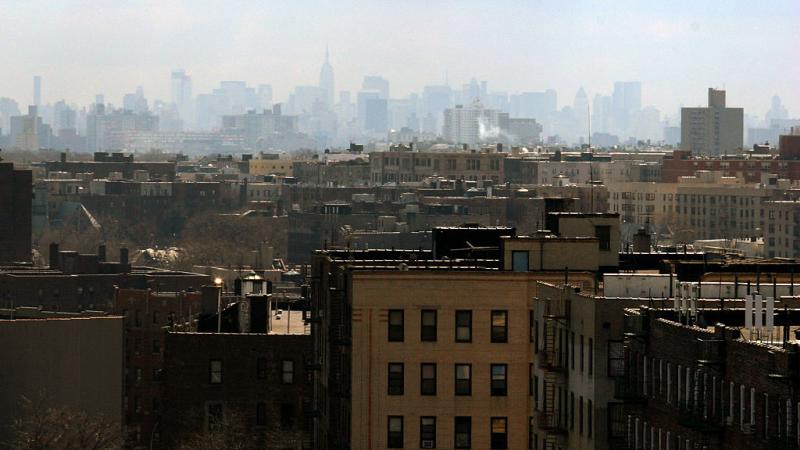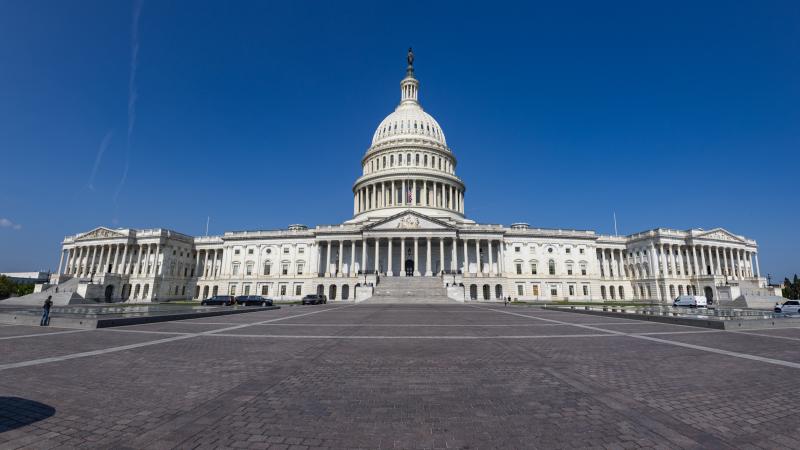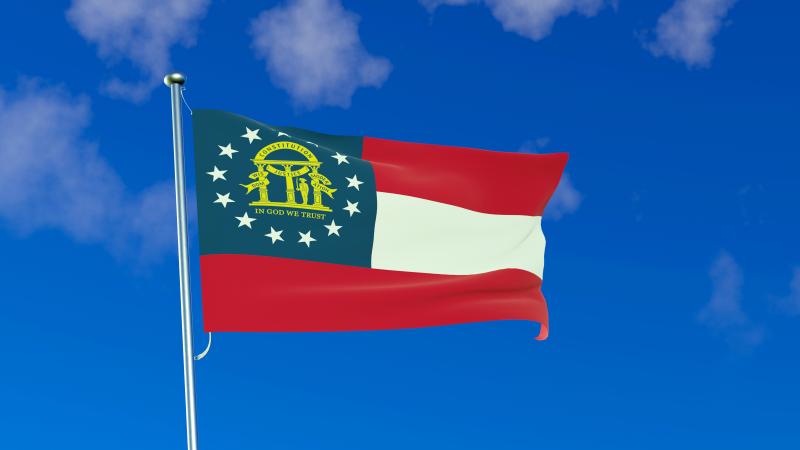China’s poor record cracking down on fentanyl trade looms over new trade deal
The Chinese government promised on two prior occasions to crack down on fentanyl precursor chemicals, only to allegedly subsidize their manufacture and route trade through Mexican cartels.
Chinese President Xi Jinping reportedly agreed to crack down on the illicit trade of fentanyl precursor chemicals in exchange for tariff relief from the Trump administration. However, China’s poor history of following through on similar deals looms large.
After his meeting with Xi this week, President Donald Trump said that his Chinese counterpart vowed to “stop the flow” of fentanyl precursor chemicals into the U.S. in exchange for a reduction in the 20% tariff that the American president had imposed early in his second term over the illegal drug trade.
The promise came as part of a broader trade truce negotiated between Washington and Beijing on the sidelines of the Asia-Pacific Economic Cooperation summit held in South Korea. The Chinese also agreed to resume purchases of American soybeans and delay onerous restrictions on exports of vital rare earth metals for at least one year. In return, the Trump administration promised to drastically reduce the significant tariffs it had imposed against China earlier this year.
Doubts about China keeping promises loom
There is cause for concern in the U.S. that China may not uphold its end of the bargain regarding fentanyl-related chemicals. In fact, the two U.S. administrations, including the first Trump administration, agreed to similar deals with Beijing, only to find that little actually changed. The same promise was made in a meeting with U.S. President Joe Biden in November 2023 and also in agreements with President Donald Trump in 2018 and 2019.
The Chinese government promised on two prior occasions to crack down on fentanyl precursor chemicals, only to allegedly subsidize their manufacture and route trade through Mexican cartels, according to U.S. government assessments and a congressional investigation.
Victoria Coates, former Deputy National Security Advisor during Trump’s first term and Vice President of the Heritage Foundation’s Davis Institute for National Security and Foreign Policy, said it will be important going forward for the Trump administration to demand results, not just words, from the Chinese.
“[We’re] going to have to see some results here,” Coates told the "Just the News, No Noise" TV show on Thursday. “Chairman Xi will smile for the cameras, he'll say nice things, and then go back and do exactly what he was doing before.”
“On the fentanyl, we're going to have to see fewer drug boats coming up from South America, both through the Pacific and through the Caribbean to the United States. We're going to have to see those precursors, those chemicals, coming out of China, we're going to have to see that stop,” Coates continued.
In 2019, China agreed to add all fentanyl related substances to its controlled substances schedule, making their export tightly regulated. Prior to this agreement, China was “the primary source of U.S.-bound illicit fentanyl, fentanyl-related substances, and production equipment,” according to the Congressional Research Service.
Mexican cartels simply rerouted the flow, but still originating in China
Though the agreement saw direct shipments of fentanyl and related products from China approach zero, Mexican criminal organizations quickly replaced the direct pipeline to the United States. According to the Congressional Research Service, those criminal organizations imported fentanyl precursors directly from China for manufacturing drugs to illicitly export to the United States. Additionally, the Treasury Department assessed that those organizations increasingly cooperated with Chinese money laundering operations in this drug trade.
China was criticized for poor enforcement, especially as tensions between the PRC and the United States increased amid the Trump Administration’s tough trade and human rights policies towards China.
During this period, the Chinese government tacitly permitted Chinese money laundering organizations to assist Mexican drug cartels launder the dollars obtained in the U.S. as part of the fentanyl trafficking process.
The problem remained unsolved. In November 2023, President Joe Biden attempted to negotiate greater Chinese enforcement action against the illicit fentanyl trade, but the plan failed to address the Mexican cartel middlemen, Just the News previously reported.
House: China paid rebates to fentanyl-related chemical companies to continue production
Less than a year later, a House committee concluded that China was still subsidizing the production of fentanyl precursor chemicals, raising significant questions about China’s compliance with the agreement.
Committee investigators found a Chinese government website that advertised tax rebates for the production of certain fentanyl precursors and other synthetic drugs as long as they were sold outside of China.
“Through its actions, as our report has revealed, the Chinese Communist Party is telling us that it wants more fentanyl entering our country,” said former Rep. Mike Gallagher, R-Wis., the then-chairman of the House Select Committee on the Chinese Communist Party. “It wants the chaos and devastation that has resulted from the epidemic.”
China has also reneged on other agreements outside of the fentanyl trade.
China failed to live up to its promise under the “Phase One” trade deal negotiated with the first Trump administration, the trade data shows. The deal was set to be implemented over the course of 2020 and 2021 and China promised to buy $200 billion more in U.S. goods and services over the two-year period. But, in the first year of implementation, China only imported $100 billion—about 58% of its target for that first year: $173.1 billion.
CCP reneged on deals with Obama as well
An Obama-era pact between the PRC and the United States on cybersecurity follows a similar pattern. In a 2015 Rose Garden speech, President Obama said, "So, greater prosperity and greater security — that’s what American and Chinese cooperation can deliver. That’s why I want to say again, the United States welcomes the rise of a China that is peaceful, stable, prosperous, and a responsible player in global affairs."
That same month, the Obama Administration and the PRC came to an agreement that intended to prevent “cyber-enabled theft of intellectual property, including trade secrets or other confidential business information for commercial advantage,” by Chinese companies.
However, within a year of the agreement, an independent report found that the prevalence of Chinese hacking did in fact decrease, yet experts remained concerned that Chinese hacking attempts became more targeted and sophisticated in the aftermath of the agreement.
The Facts Inside Our Reporter's Notebook
Links
- part of a broader trade truce
- only to find that little actually changed
- President Joe Biden in November 2023
- Vice President of the Heritage Foundationâs
- Mexican criminal organizations
- criticized for poor enforcement
- concluded that China was still subsidizing the production of fentanyl precursor chemicals
- said
- Rep. Mike Gallagher
- China promised to buy $200 billion
- only imported $100 billion
- came to an agreement
- an independent report found
